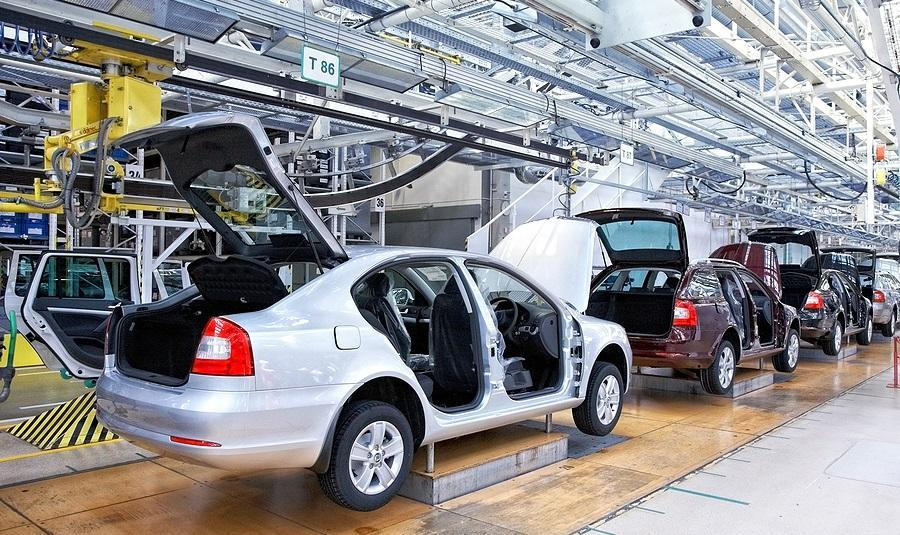Analysis

January 19, 2021
Subaru Indiana to Cut Output Because of Chip Shortage
Written by Michael Cowden
Subaru will scale back production of vehicles at its assembly plants in Lafayette, Ind., and in Japan’s Gunma prefecture, because of a semiconductor shortage, a company spokesman said.
“We currently expect several thousand units will be affected at each plant,” he said. “We are closely watching the situation and working to minimize the impact on our customers.”
![]() The spokesman did not say whether or to what extent Subaru’s steel purchasing plans might have been altered by the issue, which is not unique to Subaru.
The spokesman did not say whether or to what extent Subaru’s steel purchasing plans might have been altered by the issue, which is not unique to Subaru.
Subaru produced 367,295 vehicles at its Indiana plant in its 2020 fiscal year, down 1.3% from 372,162 in fiscal ’19, but up 5.4% from 348,597 in fiscal ’18, according to the company’s website.
Honda, another Japanese automaker with operations in North America, is also keeping an eye on the semiconductor supply problem.
“Honda’s purchasing and production teams are currently evaluating this issue in the effort to limit the impact of this situation on our production in North America and maintain our ability to meet the needs of our customers,” a Honda spokesman said.
He declined further comment, including whether the shortage had impacted Honda’s appetite for steel.
General Motors, one of the Detroit-area “Big Three” automakers, is likewise keeping tabs on the worldwide semiconductor shortage, which a company spokesman said resulted from a recovery in global automotive demand.
“As of now we have not had regular production impacted,” the GM spokesman said. “Our supply chain organization is working closely with our supply base to find solutions for our suppliers’ semiconductor requirements and to mitigate impacts on GM production.”
Market participants are divided on how any chip shortage – or steel shortage, for that matter – might impact steel demand.
The issue could send steel prices sharply downward as happened last spring when North American automotive plants were shuttered for approximately 10 weeks following the outbreak of the Covid-19 pandemic, some sources said.
But others said the impact of any parts shortage would almost certainly be less severe. They predicted that automakers could cope with the issue by reducing shifts or idling plants for far shorter periods of time.
And still others said the development might even be welcome because it could give U.S. steelmakers, many of which have been running late on orders, time to catch up with strong automotive demand in the recovery from the virus crisis.
By Michael Cowden, michael@steelmarketupdate.com






